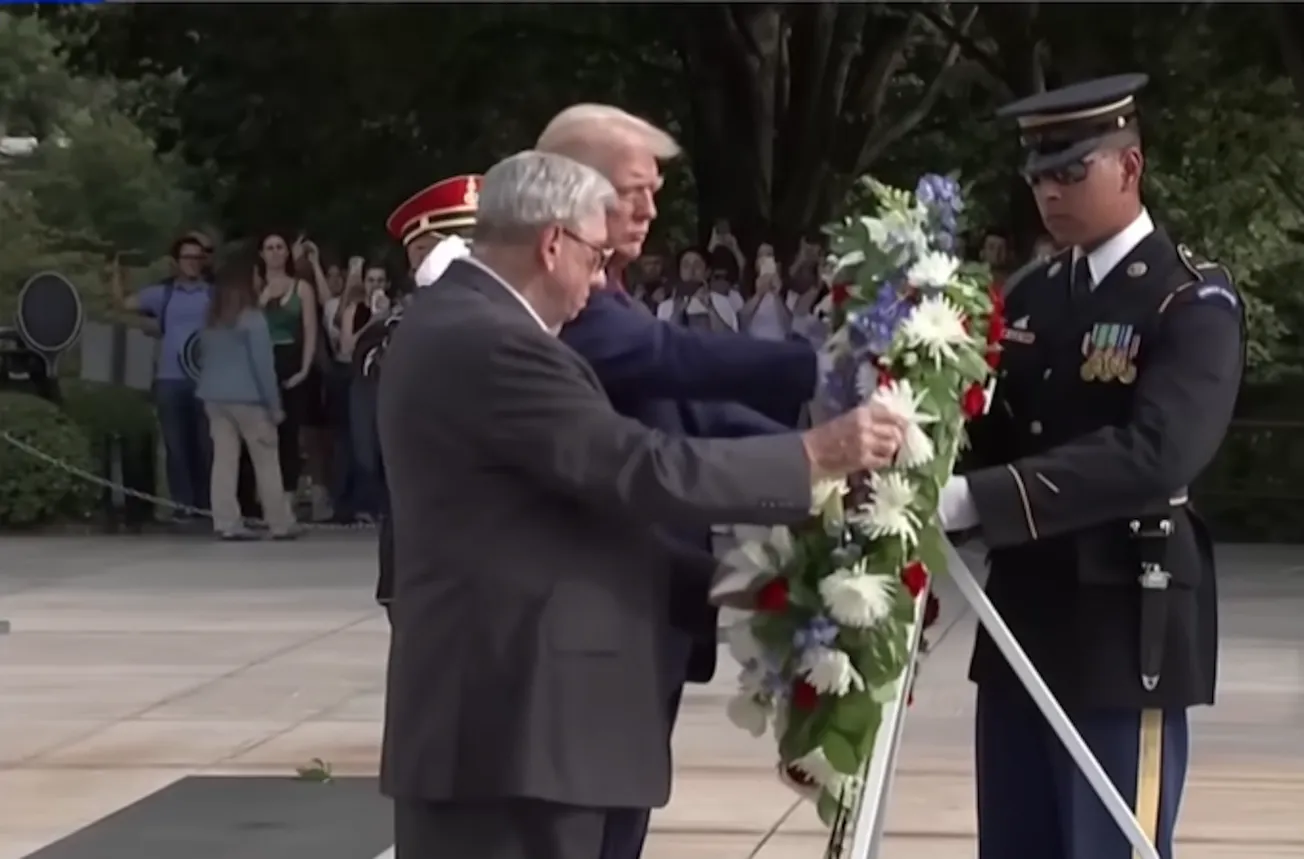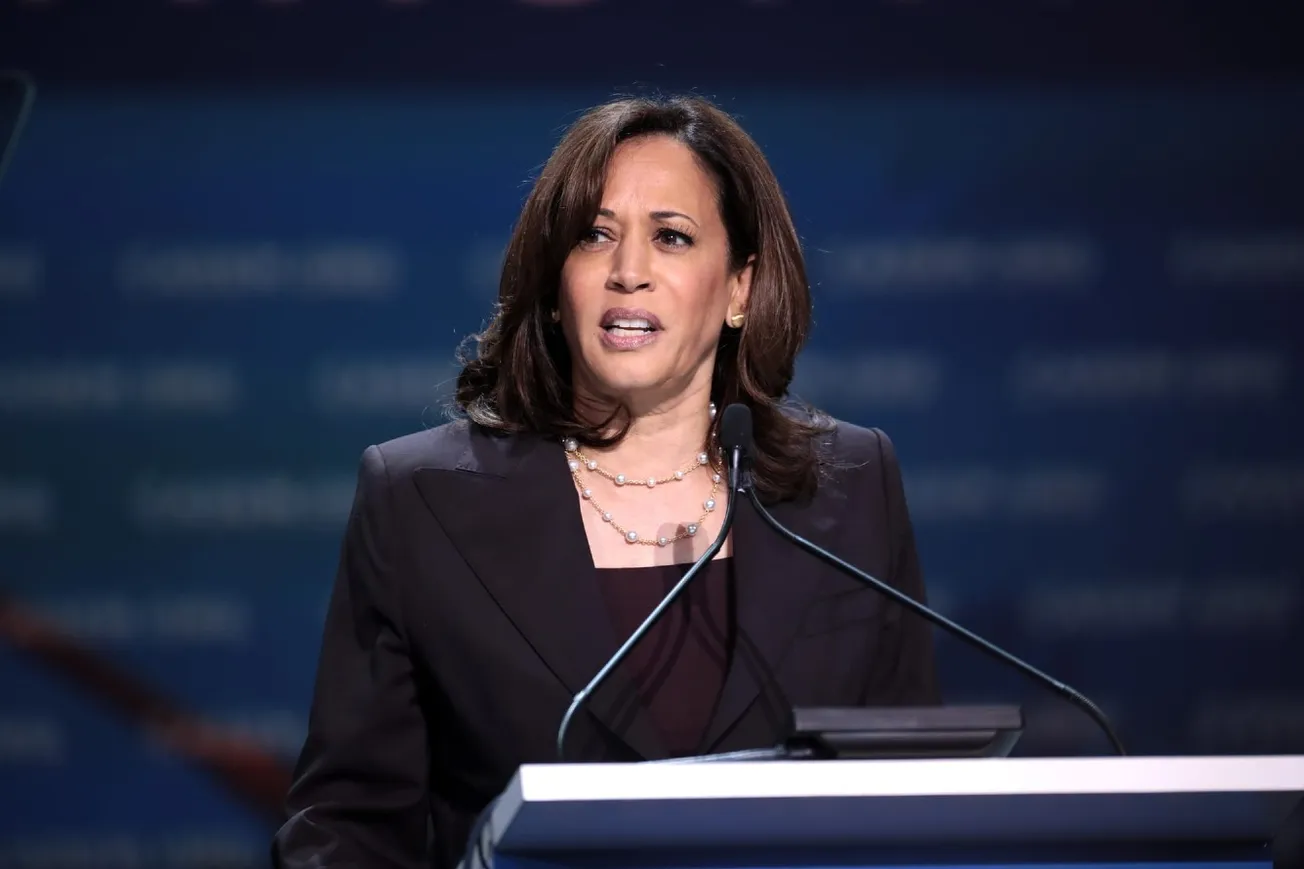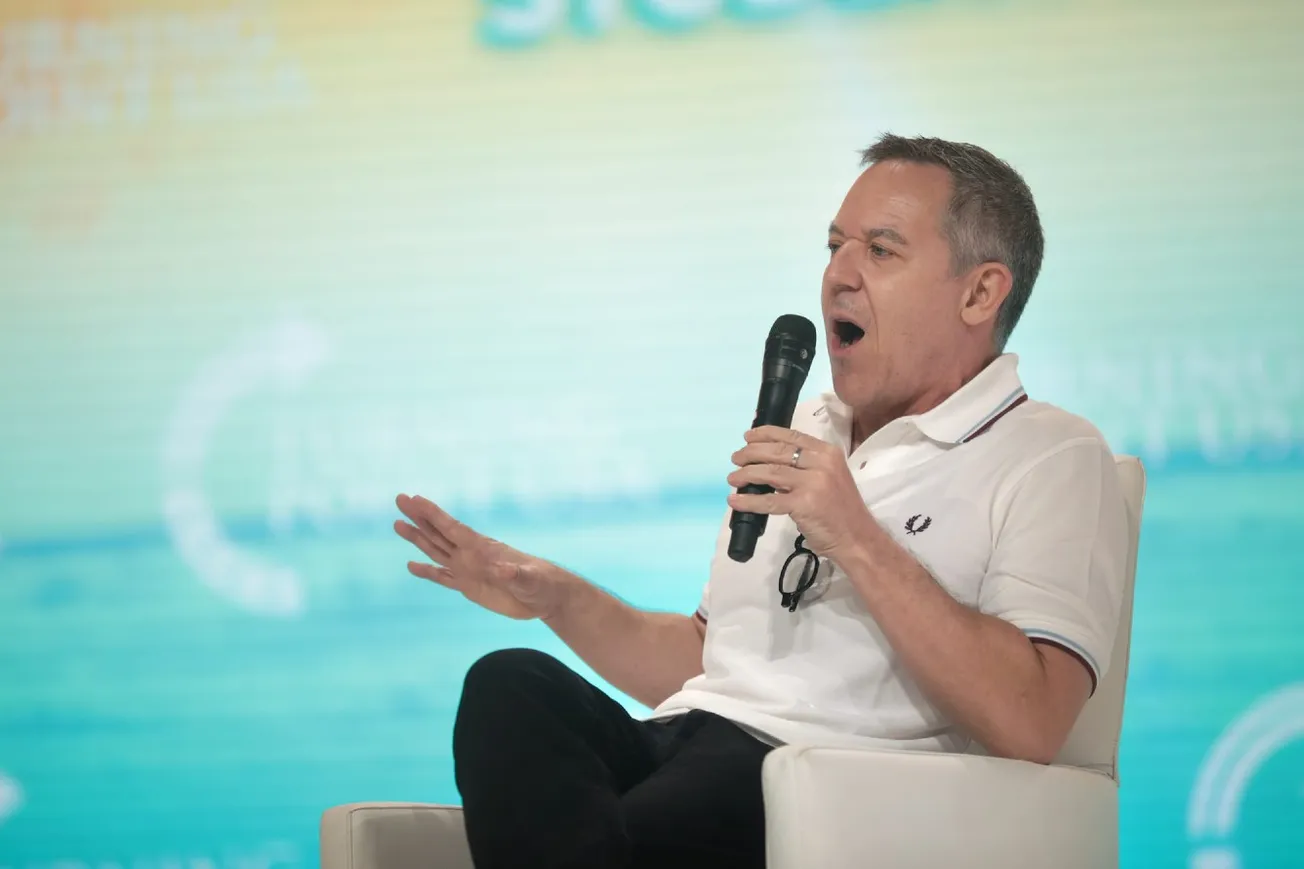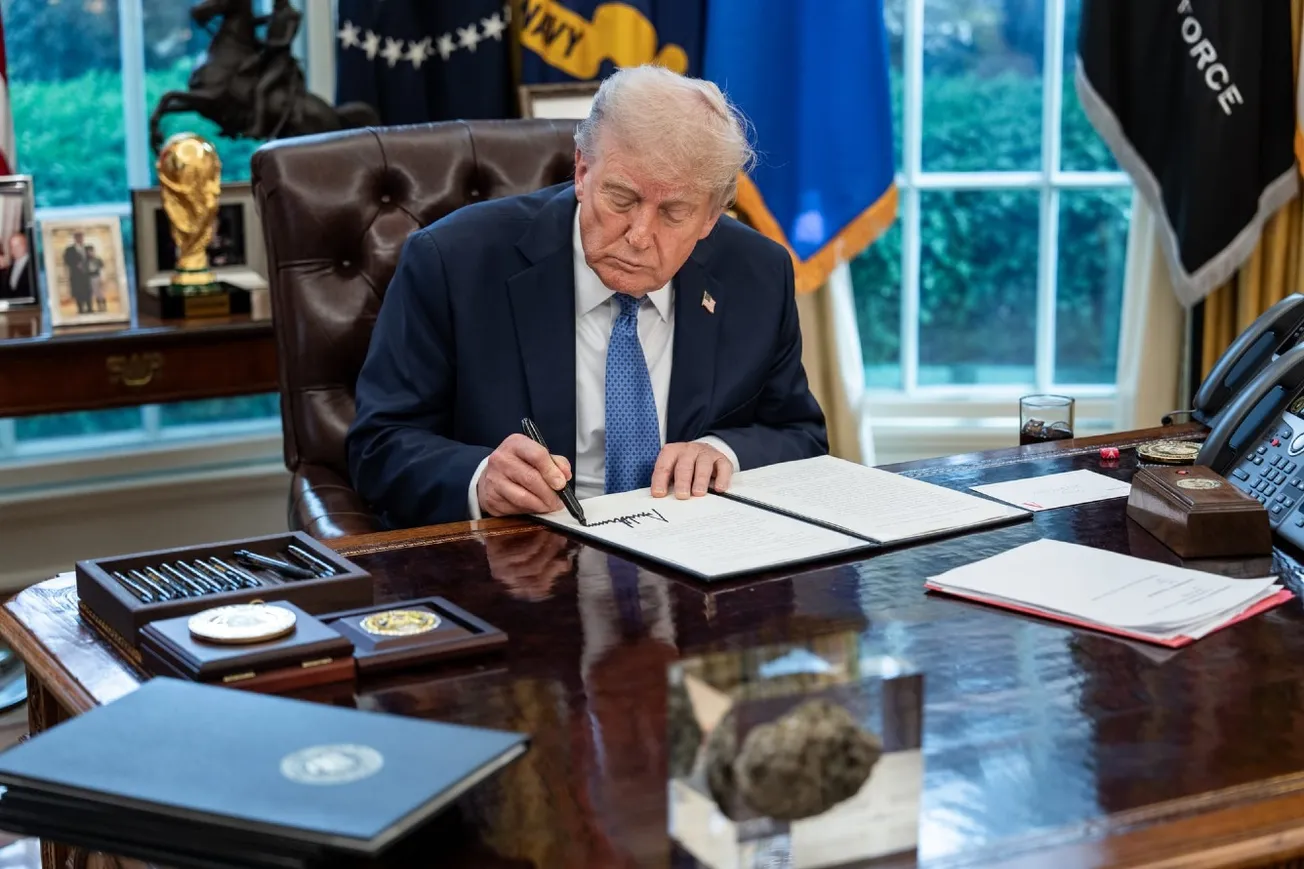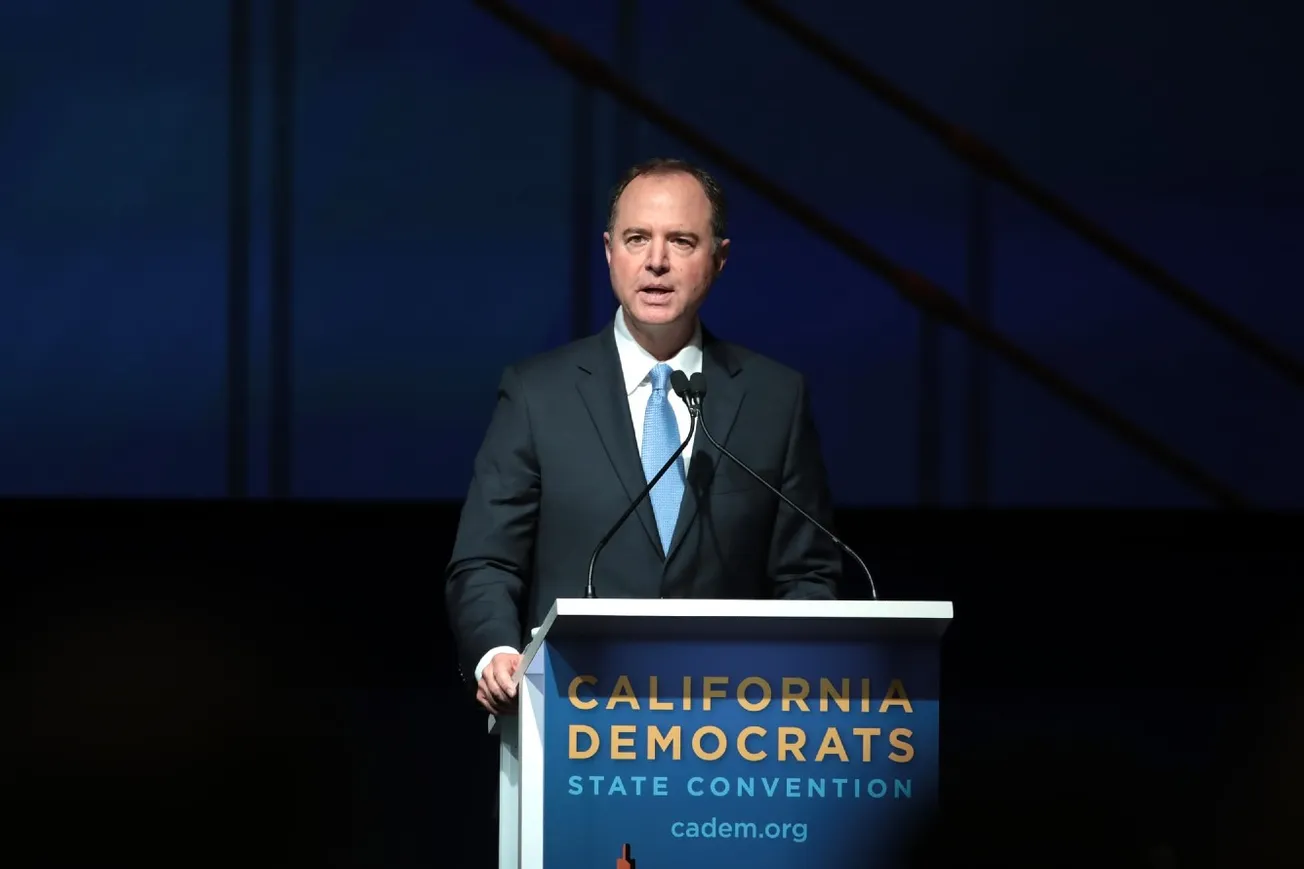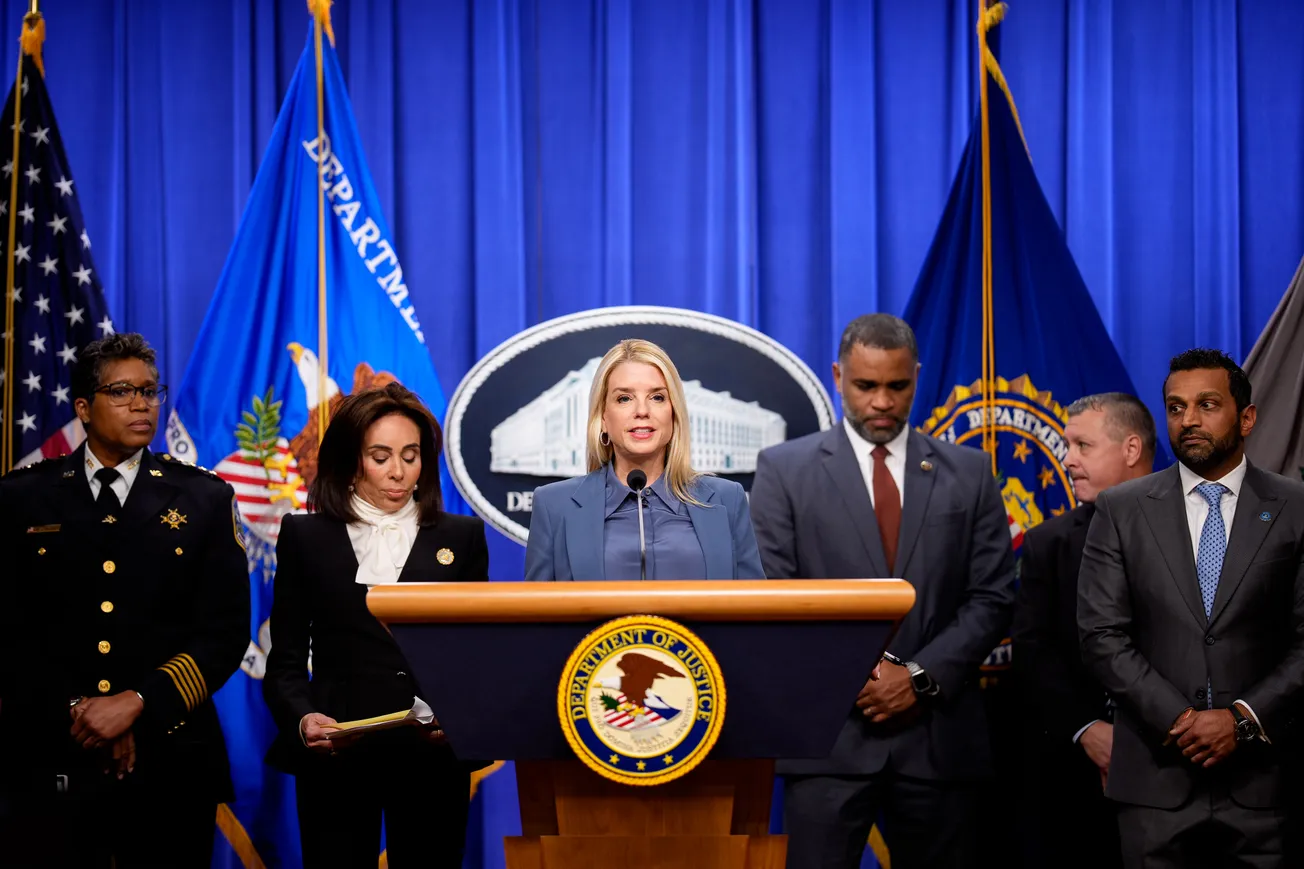Arlington National Cemetery is the most sacred monument in America. Of course, there are other monuments dedicated to the brave and fallen—such as the Vietnam War, Korean War, or World War II Memorials—but Arlington is unique. Rather than display names and plaques, the ground underneath the Cemetery is actually home to the remains of America's soldiers who made the ultimate sacrifice.
A not-so-bright staffer in Harris's War Room decided to make former President Trump's visit to Arlington at the invitation of several Gold Star families a campaign issue. That staffer is probably regretting their decision and may soon be out of a job. If history is any indication, the staffer's two bosses at the top of the ticket may lose in November as well.
Intent is critical here. Was Trump's visit political in nature? Did he mean to convey that he cares about the military and veterans? How was the visit conducted? Was it a genuine gesture of respect, given that the place is so solemn, or a photo opp designed to extract political leverage?
Reasonable people can agree or disagree with Trump's intent. Liberal news outlets, which harbor a deep hatred for anything that Trump does and view all his actions as borderline political, pounced on the campaign stunt angle. NPR led the way, and the rest of the media slowly piled on.
Upon reflection, the issue is a ‘he-said, she-said’ narrative that borders on the petty. The Cemetery is home to Section 60, an area within the park that carries the remains of those recently killed in wars. Federal law prohibits election-related activities in Section 60.
On that fateful day, a Trump photographer, whom the Gold Star families requested to be present when Trump visited, was evidently confronted by a cemetery official who then tried to "physically block" members of the Trump team. NPR reported that the confrontation turned into a physical altercation. "When the cemetery official tried to prevent Trump campaign staff from entering Section 60, campaign staff verbally abused and pushed the official aside, according to the source."
The two primary questions are: Was Trump allowed to have a photographer with him, and did he violate campaign laws by having the photographer there?
Steven Cheung, a Trump campaign official, tweeted an image of the permission from the Cemetery on X that the campaign said they received. That settles the first question.
Whether he violated campaign laws is a matter of interpretation. Trump did not speak at the private event; the Section 60 visit was closed to the press, and he was there at the families' request. How could this be interpreted as political?
In Trump's defense, he had visited the same cemetery to lay wreaths to honor the 13 soldiers who died at Abbey Gate in the aftermath of Biden's disastrous withdrawal from Afghanistan. At the time, Trump was not a candidate for political office, having left the White House ten months prior. No one made a hue and cry then, so why is NPR going after Trump now?
With fewer than 70 days to the election, of course, every second of the candidates’ time is political. The liberal media should have accepted this truth and let it go. The Harris campaign should have done the same thing, too. Besides, would NPR be critical if Harris had visited Section 60 with a photographer? The last question is moot but telling because the families did not invite Harris or Biden to their private event.
By turning a solemn visit into a political campaign stunt and bringing federal law into the discussion, the Harris campaign appears petty. It also attempts to be relevant by taking the moral high ground. The high ground in itself is hypocritical because the thirteen deaths happened on Harris's watch. So, who is more at fault here? Harris, whose disastrous policies in Afghanistan helped cause the tragedy, or Trump, who visited Section 60 to honor the victims' families at their request?There's also the hypocrisy in how the media flips the script depending on whom they are covering. Here's a flashback of the 2016 Trump-Hillary presidential race:
- July 28, 2016: Khizr Khan and his wife, Ghazala Khan, appeared at the Democratic National Convention (DNC) in Philadelphia. During their speech, Khizr Khan spoke about their son, Captain Humayun Khan, who was killed in Iraq in 2004, to challenge Donald Trump's proposed policies, particularly the Muslim travel ban. Khan pulled out a copy of the U.S. Constitution and asked Trump if he had ever read it, implying that Trump's proposals were contrary to American values and principles.
- July 29, 2016: Donald Trump responded to the Khan family's speech in a series of interviews and statements. He criticized Khizr Khan's remarks and suggested that Ghazala Khan's silence during the speech implied she wasn't supportive of her husband's views. Muslim countries severely constrain women, but America doesn't.
- August 1, 2016: The controversy intensified as Khizr Khan and other Democrats defended the Khan family. The backlash against Trump's comments came from both political sides, with many condemning his remarks as disrespectful and insensitive. The story continued to have a life as Khan became a celebrity, appearing on CNN, MSNBC, and ABC News, among many media outlets.
Note that it was the Democrats who politicized Trump's travel ban by inviting a Gold Star parent to the DNC and challenging Trump's knowledge of the Constitution in front of a national TV audience. No media outlet ever questioned the DNC about how the Hillary Clinton campaign exploited the Khans’ grief to push a political viewpoint.
Today, the Harris campaign has hopelessly boxed itself on the Trump Cemetery visit. Family members of 7 of the 13 killed in Abbey Gate issued a powerful statement saying that if Trump were still commander in chief, their children would be alive today. Ouch! No Abbey Gate Gold Star family has yet issued a statement supporting Harris.
Trump confronted one Gold Star family in 2016 and became media fodder for the remainder of the campaign. Harris has now confronted seven Gold Star families. Worse, these families hold her directly responsible for the losses of their loved ones, a far more stinging and direct rebuke of leadership than Khan's criticism of Trump's proposed Muslim travel ban.
This one incident could turn the entire election in Trump's favor.

